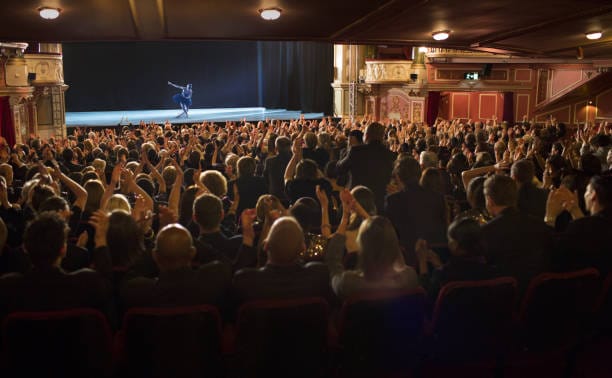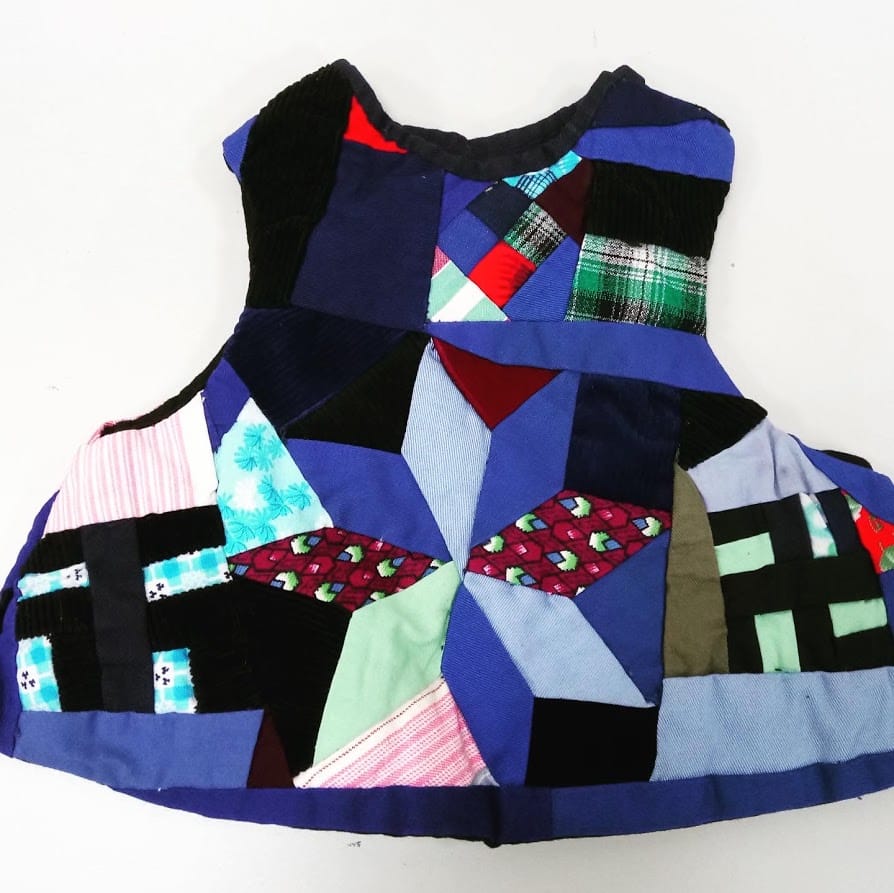To have an audience with you

Our daughter is in the 7th grade and this is her second year participating in the Middle School musical. She is a part of the ensemble cast, which means she does not have any speaking lines, but sings and dances in all the group numbers. It is a role she loves, being a part of something grand – supporting from the background, not being front and center. In American-style education, children are taught that to excel means to stand out, to be the star. But observing the way my daughter brings her whole self to her supporting role, I would argue that to excel means to know at any given moment what your role requires and performing that particular role well. On opening night, my daughter shined on stage – not because she was the lead, but because she knew exactly how to be in service to the greater story. My parents came to the first show and we took her out to pizza afterwards and she glowed through dinner, praising her peers and humming the songs under her breath, studying the program again and again.
Knowing that I cry easily during movies, my daughter had warned me that I would be moved by several of the songs. The musical is about young kids banding together to stick it to the man, about teenage friendships that, at that age, have a bond more fierce than familial ties. I told my daughter that I started crying after the very first song, to which she responded with a look that was a mixture of mild surprise and gentle knowing. I was overcome with emotion because I marveled at the stage full of 11-13 year olds who were capable of working together, dovetailing their roles – physically weaving in and out of each other’s paths on- and off-stage – so seamlessly. In the adult world, I seldom see this kind of collaboration in concert.
I have been thinking a lot about what it means to have an audience. The Latin root of audience is audiere, which means “to hear,” and audientia, which refers to “a group of listeners.” As our world continues to split and fray because everyone is yelling, I yearn for a way for us to learn how to listen. I think about the long hours that my daughter and her castmates have put into rehearsing the musical, all of which would have resulted in quite a different experience if the auditorium seats were empty and there was no audience.
The second show was just as impressive and made my heart soar with admiration for these adolescents, endearingly adorable in all their different stages of becoming themselves – with dramatic height differentials, some still padded with baby cheeks, and others already mini versions of their parents. But our daughter’s post-show debrief told a different story. Normally, she can keep her composure in the midst of social turbulence, but at dinner, she had a torrent of irritations to unload about unruly backstage behavior. She admitted there were several times she wanted to – in the parlance of today’s teenagers – “crash out,” but instead took deep breaths before having to go back on stage again. I assured her the audience could not tell anything out of the ordinary was going on backstage and that from our vantage point, the musical unfurled beautifully. “Really? You couldn’t tell?” she was genuinely surprised. I nodded and watched her shoulders finally relax.
Earlier this week, I was talking to a colleague about what it means to have an authentic audience and why it matters. He reminded me that the first audience is always ourselves; before we commit to whatever role we are currently performing – whether it is as a teacher, a parent, a friend, a partner, a child – the first responsibility we have is to ourselves. I realize that’s what my daughter was practicing when she took those deep breaths before coming out on stage.
At the third and final show, the young performers dazzled on stage and I could feel the energy in the audience buzzing with delight and awe. After curtain call, my daughter rushed out, her hair still stiff with hairspray and the makeup on her face pronouncing the outlines of her features. Her two older brothers hugged her and presented her with small bouquets of purple flowers and as we walked out to our car together, she beamed with the satisfaction of knowing she had done her job well – both as a performer and as an audience.
